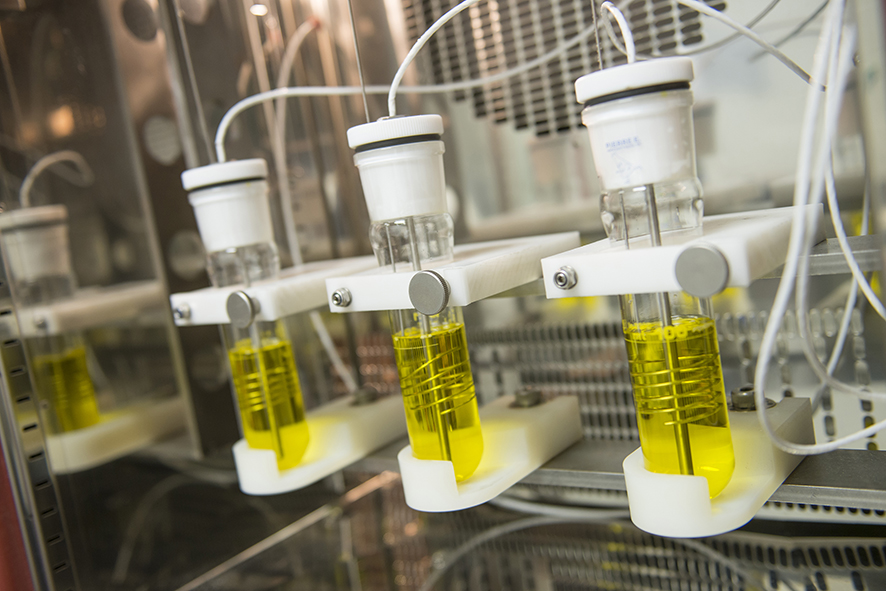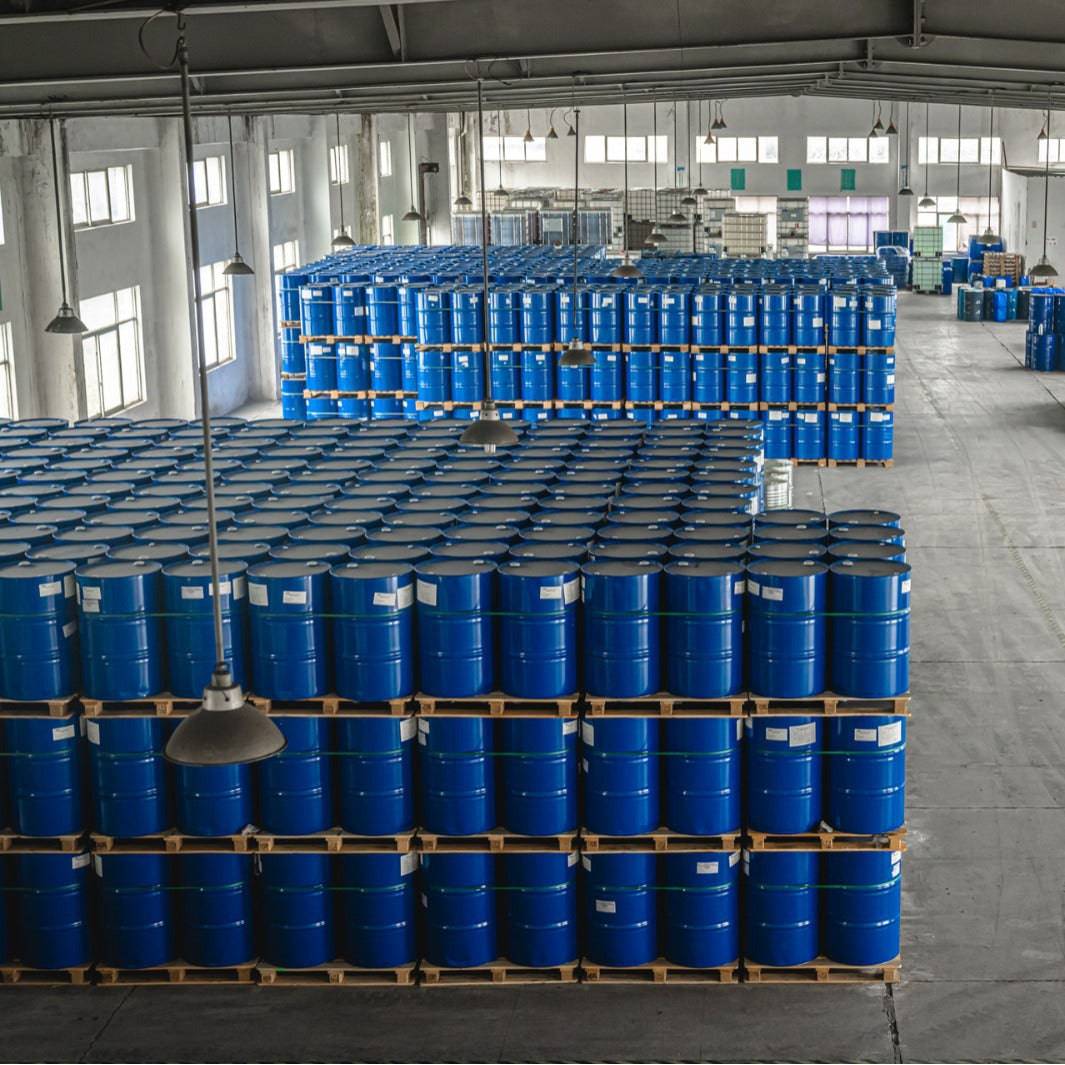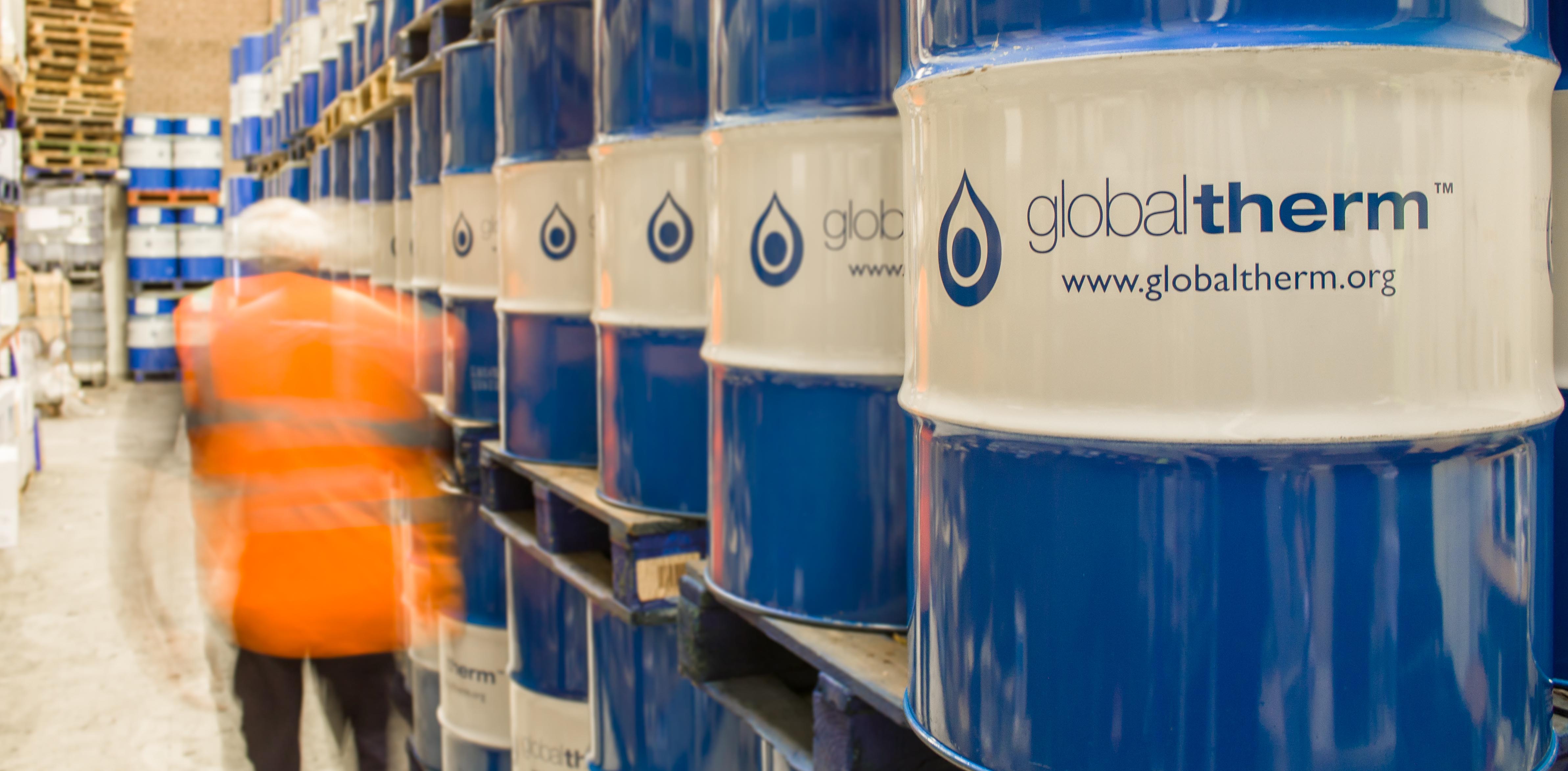Exactly How Heat Transfer Fluid Effects the Effectiveness of A/c Equipments
Exactly How Heat Transfer Fluid Effects the Effectiveness of A/c Equipments
Blog Article
How Warm Transfer Fluid Adds To Sustainable and Cost-Effective Procedures
In the modern-day industrial landscape, the function of warm transfer liquids (HTFs) in promoting sustainable and inexpensive operations can not be overemphasized. These liquids are critical in maximizing thermal management systems, therefore dramatically boosting energy efficiency and minimizing functional expenses. heat transfer fluid. The environmental advantages of sophisticated HTFs, with their high thermal security and reduced poisoning, are obvious.
Recognizing Warm Transfer Fluids
In the world of thermal management, warmth transfer liquids (HTFs) function as vital representatives for transferring thermal energy from one place to one more. These fluids play an essential function in different commercial applications, including chemical processing, power generation, and a/c systems. HTFs are specifically crafted to run within a wide variety of temperature levels, successfully promoting the transfer of heat while preserving a steady thermal account. Their capacity to operate under severe problems-- whether high temperature levels or cryogenic degrees-- makes them indispensable in environments demanding accurate thermal control.
The composition of heat transfer fluids can differ dramatically, consisting of options such as mineral oils, synthetic oils, glycols, and molten salts. Each kind provides unique advantages, such as boosted thermal stability, low viscosity, and high boiling factors, which are chosen based upon certain functional requirements. The choice of HTF effects not just the effectiveness of warmth transfer however additionally the durability and security of the system in which it is utilized.
As markets continue to innovate, the growth of sophisticated HTFs, characterized by their boosted thermal conductivity and decreased ecological impact, is critical for satisfying the needs of modern thermal administration obstacles.

Enhancing Energy Performance

Improving energy efficiency has actually come to be a paramount worry across numerous sectors, triggering a closer assessment of warmth transfer liquids' role in maximizing thermal monitoring systems. These liquids are essential to preserving the wanted temperature level in procedures, therefore decreasing power waste and enhancing overall system effectiveness. By selecting a suitable heat transfer fluid, industries can considerably enhance their energy efficiency, causing minimized energy consumption.

Advanced formulations of heat transfer liquids have been developed to withstand severe temperature levels while preserving stability and efficiency. These innovations extend the functional life-span of the liquid, decreasing the frequency of replacements and energy-intensive maintenance tasks. The usage of synthetic or bio-based liquids provides additional advantages in terms of reduced ecological impact, straightening with international sustainability goals. Subsequently, improving energy effectiveness through ideal heat transfer liquid selection is not only a technological requirement but likewise an environmental necessary.
Decreasing Functional Costs
Functional costs are a considerable consideration for industries seeking to preserve affordable benefit, and the selection of warmth transfer liquid plays a critical function in expense administration. Picking an ideal heat transfer fluid can result navigate to these guys in considerable expense financial savings by improving system performance and lowering power intake. High-performance liquids minimize thermal degradation, which in turn decreases the frequency of fluid replacement and downtime associated with maintenance, thereby lowering operational expenses.
Moreover, heat transfer fluids with superior thermal stability and corrosion resistance extend the lifespan of equipment. This reduces the need for frequent fixings and substitutes, which can be pricey and disruptive to operations. By buying high-quality fluids, markets can accomplish long-lasting decreases in upkeep expenses and boost the integrity of their systems.
Furthermore, progressed heat transfer liquids frequently display reduced viscosity at operating temperature levels, which enhances pump performance and reduces power usage in liquid circulation. Many contemporary warmth transfer fluids are crafted to operate successfully over a wide temperature array, minimizing the need for numerous liquid types, therefore simplifying inventory requirements and minimizing linked prices.
Environmental Impact Reduction
The press in the direction of reducing environmental effect has actually obtained energy in industries leveraging heat transfer fluids. Companies are progressively identifying the significance of lessening eco-friendly impacts by taking on lasting methods. Warm transfer liquids (HTFs) play a crucial function in this shift, providing chances to improve power performance and reduce emissions. By choosing HTFs with high thermal stability and reduced poisoning, sectors can ensure very little leak and degradation, therefore decreasing hazardous environmental releases.
Furthermore, making use of sophisticated heat transfer fluids adds to enhanced system efficiency, minimizing the total energy intake. This reduction not just leads to cost financial savings yet likewise lowers co2 emissions, assisting in the fight versus climate modification. Fluids that are biodegradable and recyclable additionally enhance sustainability initiatives, as they reduce waste and promote round economic climate methods.
Additionally, incorporating HTFs right into closed-loop systems protects against fluid loss and contamination of the surrounding atmosphere. This approach makes certain that fluids are reused, lowering the demand for new resources and limiting waste generation. By welcoming these eco aware approaches, industries can significantly reduce their eco-friendly impact while preserving high operational efficiency, aligning with international sustainability objectives and regulatory demands.
Selecting the Right HTF
Selecting the suitable warm transfer fluid (HTF) is a crucial action in progressing environmental sustainability within industrial processes - heat transfer fluid. A suitable HTF needs to have a high thermal ability, reduced thickness, and high thermal conductivity to ensure effective warm transfer.
When picking an HTF, it is essential to consider its compatibility with system products to stay clear of deterioration and chemical responses. This makes certain longevity and reduces maintenance costs. The liquid needs to be non-toxic and naturally hop over to here degradable, reducing its ecological impact and making sure compliance with ecological laws. The lifecycle price of the HTF, including acquisition, procedure, and disposal, must likewise be assessed to ensure financial expediency.
Final Thought

Report this page